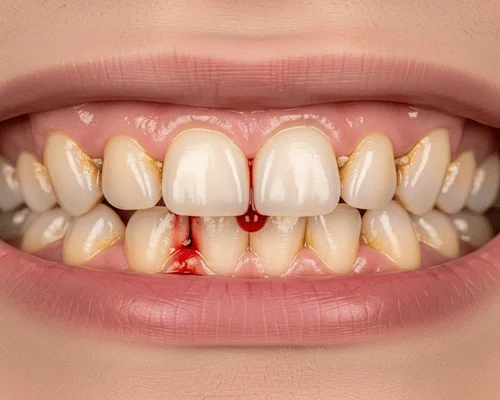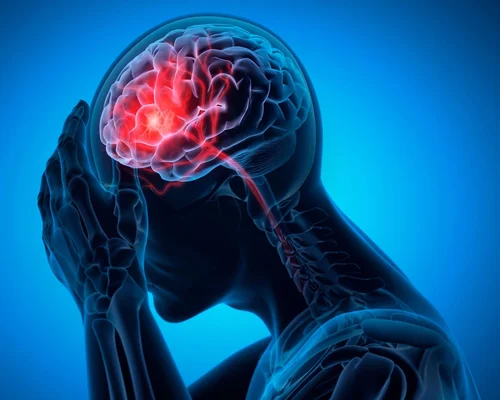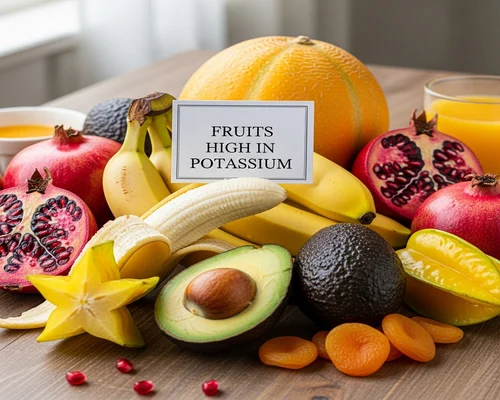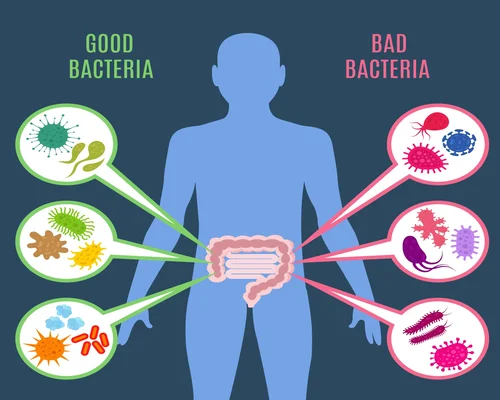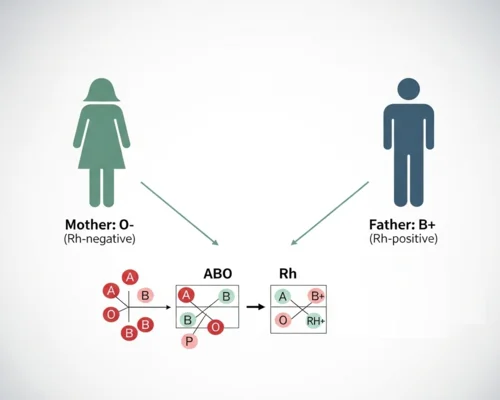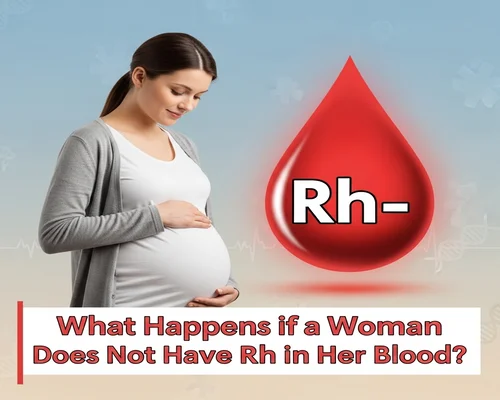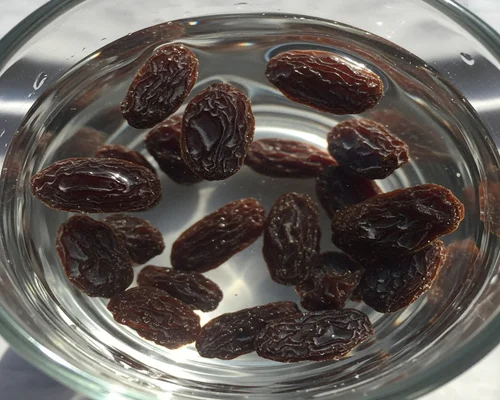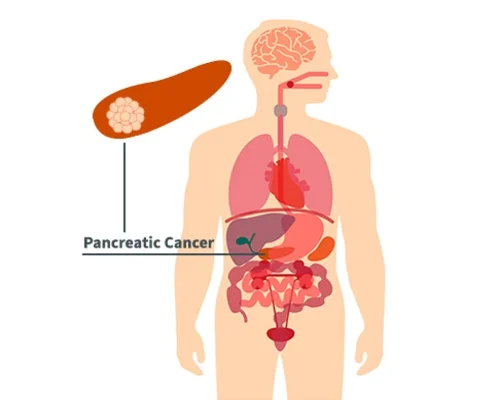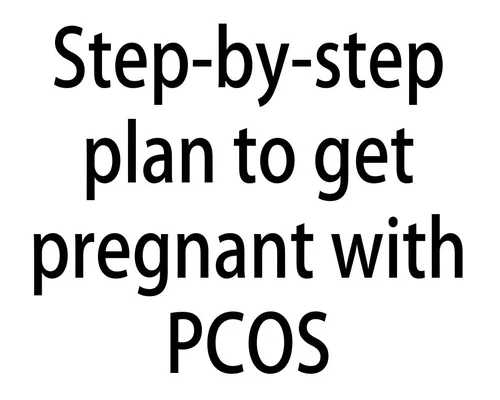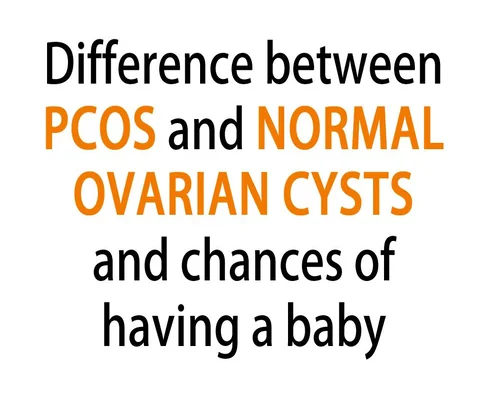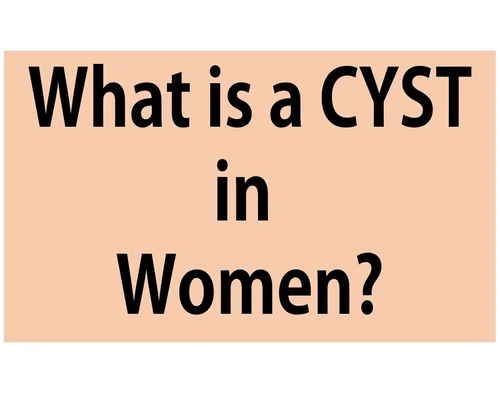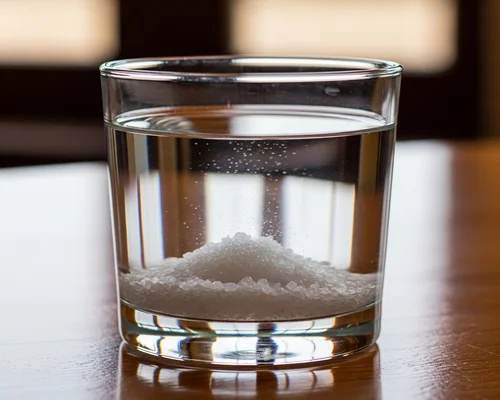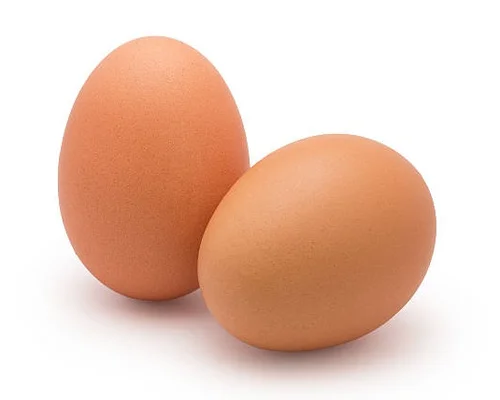
Are two eggs a day enough for vitamin D?
Are two eggs a day enough for vitamin D?
Vitamin D is very important for our body. Vitamin D helps in keeping bones strong, increasing immunity and in various important functions of the body. The biggest source of vitamin D is sunlight. But those who have less opportunity to be in the sun, try to get this vitamin from food. Again, many people have a question in mind, Does eating two eggs a day meet the need for vitamin D? Let us find out the answer to this question.
Yes, two eggs a day are a good source of vitamin D, but it cannot completely meet the need for vitamin D. The amount of vitamin D obtained from an egg depends on whether it has grown in sunlight. The vitamin D obtained from two eggs meets a significant part of the daily requirement, but to meet your complete vitamin D needs, you need to consume sunlight and other nutritious foods. Why are eggs a good source of vitamin D: Natural vitamin D: Eggs are one of the best natural sources of vitamin D, containing more vitamin D than other food sources.
Nutritional content:
Eggs are rich in protein, vitamins (such as B2, B12, D, E) and minerals (such as selenium, iron, phosphorus), which are essential for various functions of the body.
Sun-raised:
Eggs that are raised in sunlight contain more vitamin D than normal.
Other:
Daily recommendations:
The recommended daily allowance (RDI) of vitamin D for an adult may vary, but two eggs provide a significant portion of that requirement.
Other sources:
Sun exposure is very important to meet the requirement of vitamin D. In addition, vitamin D-rich foods such as fortified milk, mushrooms, etc. can be consumed.
Cholesterol:
Egg yolks contain cholesterol, but it is not harmful to the body and eating one or two egg yolks is beneficial for most people.
An average egg contains 40 to 45 IU of the vitamin. However, the daily requirement for adults is 600 to 800 IU. In special situations, more may be needed. So it is not possible to meet the full requirement by eating just two eggs.
To get vitamin D, you need to eat some other foods, such as oily fish (tuna, hilsa, pangasius), fortified milk (milk in which vitamin D, vitamin A, calcium or iron are added), mushrooms exposed to sunlight, etc. Along with this, getting 5 to 30 minutes of sunlight every week helps a lot in the formation of vitamin D.

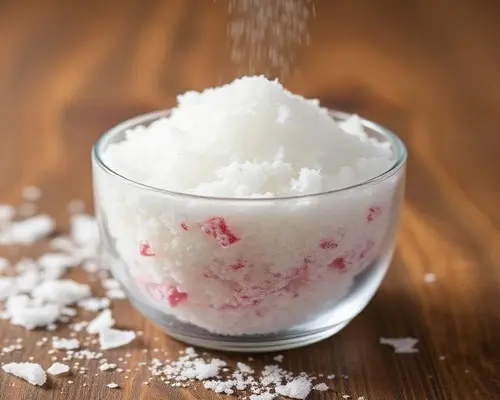


-vegetable.webp)
